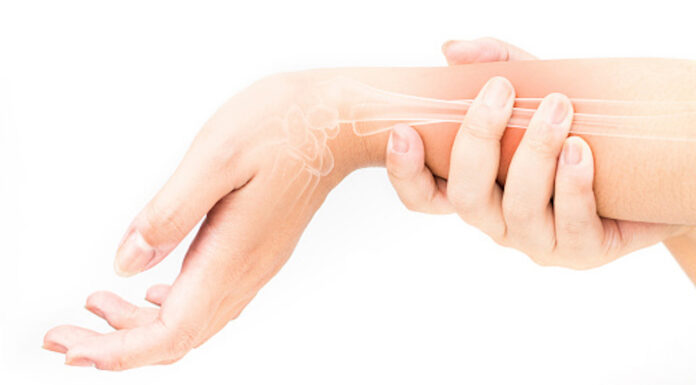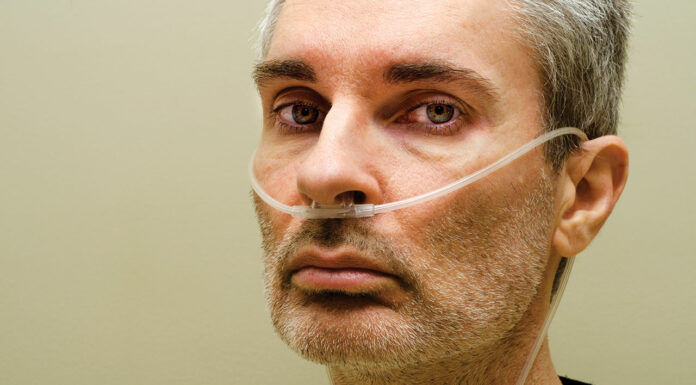All vaccinators should be knowledgeable about and use landmarking techniques to prevent shoulder injury related to vaccine administration.
Case scenario
Mrs Jones, aged 59, is a regular patient at your pharmacy. For the last few weeks she has come in almost daily to purchase various over the counter gastrointestinal products to relieve lower abdominal pain and bloating, along...
Case scenario
Carol, a 67-year-old woman, presents to your pharmacy, tells you that she has not been very active since the coronavirus lockdown and that it’s nice to get outside the house. You screen her for osteoporosis using the Know...
Case scenario
You work part-time as a general practice pharmacist. You have completed the Org HLR for the practice and discovered that its current process for making appointments is confusing for the patients as their systems are partly electronic and...
Prevalence of head lice infestation in Australian schools has been reported to be as high as 34%. It is essential that pharmacists have the knowledge and skills to assess, counsel and recommend appropriate evidence-based treatments.
With increasing local and international evidence supporting its use as a harm minimisation intervention, drug checking is expected to play an increasing role within Australia’s health system in coming years.
Lung cancer is the most common cause of cancer-related death in Australia. Pharmacists have a key role in the education of patients on new targeted therapy and in the identification and management of adverse effects of treatment.
With education, pharmacists can be aware of the signs and symptoms of PTSD and can play an integral role in providing medicines and advice to patients, along with advocating for non-pharmacological options.
Health literacy is an essential lifelong skill that is highly transferable to multiple health conditions, considerations and contexts.
Pharmacists should be prepared to answer questions from prescribers and health consumers about the effectiveness or appropriateness of medications using evidence-based practices.



 Now a PhD candidate, former Sudanese refugee and NSW Pharmacist of the Year
Now a PhD candidate, former Sudanese refugee and NSW Pharmacist of the Year  David North OAM
David North OAM NSW Early Career Pharmacist of the Year Lily Pham
NSW Early Career Pharmacist of the Year Lily Pham



 Professor Stephen Nicholls[/caption]
Professor Stephen Nicholls[/caption]














